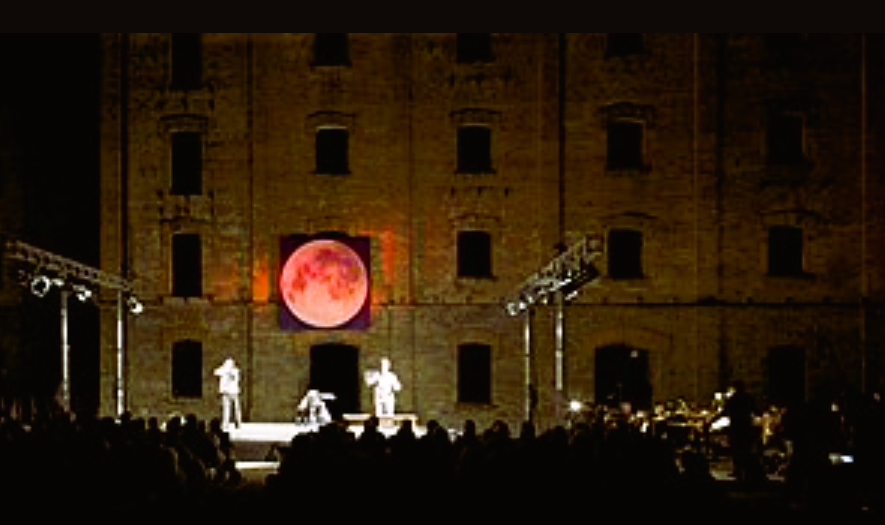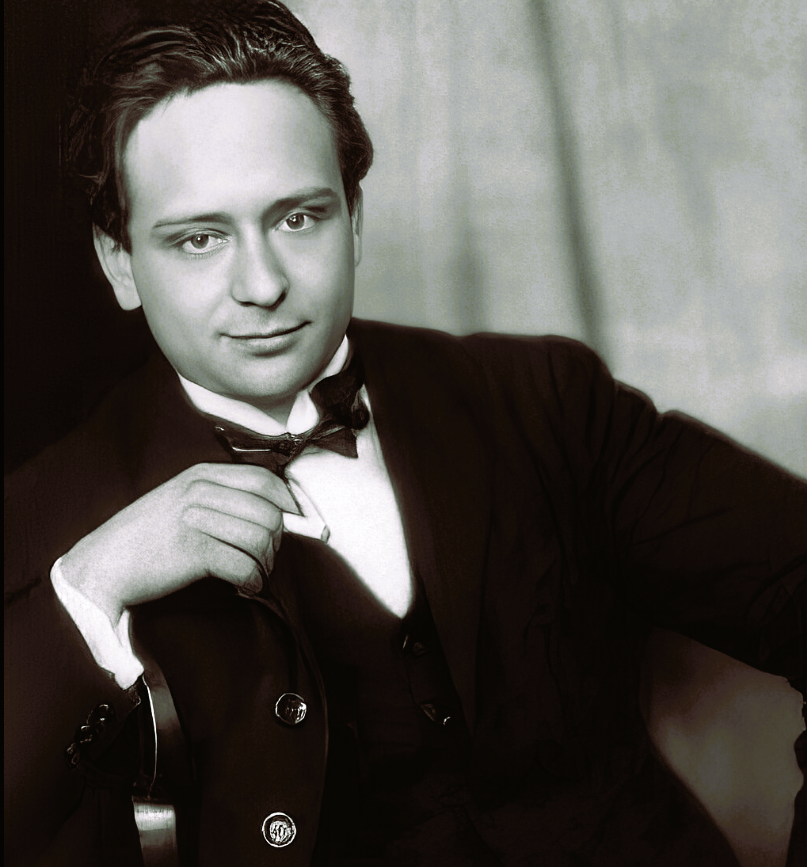
Viktor Ullmann’s “Der Kaiser von Atlantis” (The Emperor of Atlantis) is a unique and poignant opera composed during World War II. During this time, Ullmann was imprisoned in the Theresienstadt Concentration Camp.
Viktor Ullmann was born on January 1, 1898, in Teschen, Austrian Silesia (now Český Těšín in the Czech Republic). Both his parents were from families of Jewish descent but had converted to Catholicism before Viktor’s birth.
He studied music in Vienna under prominent figures such as Arnold Schoenberg, who was a leading figure in the Second Viennese School.
Ullmann worked as a conductor and composer in various European cities, including Prague. His early compositions include a wide range of chamber music, symphonic works, and operas.

Der Kaiser von Atlantis oder Die Tod-Verweigerung (The Emperor of Atlantis or The Disobedience of Death) is a one-act opera by Viktor Ullmann with a libretto by Peter Kien. They collaborated on the work while interned in the Nazi concentration camp of Theresienstadt (Terezín) around 1943. The Nazis did not allow it to be performed there, as the Nazis considered it too subversive.
The opera is an allegorical tale that satirizes totalitarian regimes. The main characters include:
• The Emperor Overall: A tyrannical ruler who declares universal war.
Death: A character who decides to go on strike, leading to chaos as people can no longer die.
• Harlequin: Represents joy and is initially rendered powerless by the Emperor’s rule.
• The Loudspeaker: Acts as the narrator and commentator.
• The Drummer: A militaristic figure supporting the Emperor.
A Soldier and a Maiden: Symbolize the common people caught in the turmoil of the Emperor’s policies.
The Emperor of Atlantis tells the story of the paranoid totalitarian Emperor Overall, who wages war with such passion that even Death decides to oppose him. Held in place by the silent acceptance of the masses, the threads of the imperial injustice system lose their tension the moment Death contradicts them.
This allegorical duo of Death and Harlequin, representing life, reflects its creators, who were described by fellow prisoners as dutiful, serious and unfunny (Viktor Ullmann) and naive, resourceful and helpful (Peter Kien). Regardless of the intention behind this similarity, there is a symbolic justice in the fact that Ullmann and Kien were able to translate into art what they could not do in real life.
Their artistic expression was a means of resistance, through which they affirmed their human dignity and expressed their will to live. In doing so, they proved that they belonged to the European cultural tradition from which they had been so brutally torn by the Nazis.
About 1943, Ullmann and Kien were imprisoned at Theresienstadt when they worked together on the opera. It was rehearsed at Theresienstadt in March 1944, but the Nazis interpreted the work’s depiction of the character of the Kaiser as a satire on Adolf Hitler and did not allow it to be performed. Both the composer and the librettist were murdered in Auschwitz in October 1944. Prior to his death, Ullmann had expressed that his time in Theresienstadt did not damper his creative drive.
“It should be emphasized that we by no means just sat lamenting by Babylon’s rivers and that our will to culture was adequate to our will to live.” — Viktor Ullmann

Ullmann entrusted his manuscripts to a fellow prisoner, Dr. Emil Utitz, a former Professor of Philosophy at the German University in Prague, who served as the camp’s librarian. Utitz survived the camp and passed the manuscripts on to another survivor, Dr. Hans Gunther Adler, a friend of Ullmann’s, some of whose poems Ullmann had set to music. The score was a working version with edits, substitutions, and alternatives made in the course of rehearsals. Dr. Adler deposited the original manuscripts and two copies of the libretto in his possession at the Goetheanum in Dornach, the center for the anthroposophical movement with which Ullmann was associated. The manuscripts subsequently passed to the Paul Sacher Stiftung in Basel, Switzerland.
Adler’s influence was not just as a handler of Ullmann’s documents but actively participated in the opera’s premiere in 1975. The two were also close friends, and Ullmann set some of Adler’s poems into songs in the camp.
Ullmann’s music for “Der Kaiser von Atlantis” blends various styles, including cabaret, classical, and modernist influences. The score is characterized by its inventive orchestration and poignant melodies.
The orchestration was adapted for the limited instruments available in the camp, leading to a unique and resourceful use of the ensemble.
“Der Kaiser von Atlantis” stands as a testament to Viktor Ullmann’s genius and his indomitable spirit in the face of oppression. The opera’s posthumous performances have brought attention to the rich cultural life that persisted even in the darkest times of the Holocaust. It remains an essential work in both musical and historical contexts, highlighting the enduring power of art against tyranny.
Sources
https://operavision.eu/de/performance/der-kaiser-von-atlantis
https://www.hollywoodbowl.com/musicdb/pieces/4123/the-emperor-of-atlantis

Donation
Your readership is what makes my site a success, and I am truly passionate about providing you with valuable content. I have been doing this at no cost and will continue to do so. Your voluntary donation of $2 or more, if you are able, would be a significant contribution to the continuation of my work. However, I fully understand if you’re not in a position to do so. Your support, in any form, is greatly appreciated. Thank you. To donate, click on the credit/debit card icon of the card you will use. If you want to donate more than $2, just add a higher number in the box left from the PayPal link. Your generosity is greatly appreciated. Many thanks.
$2.00
Leave a comment